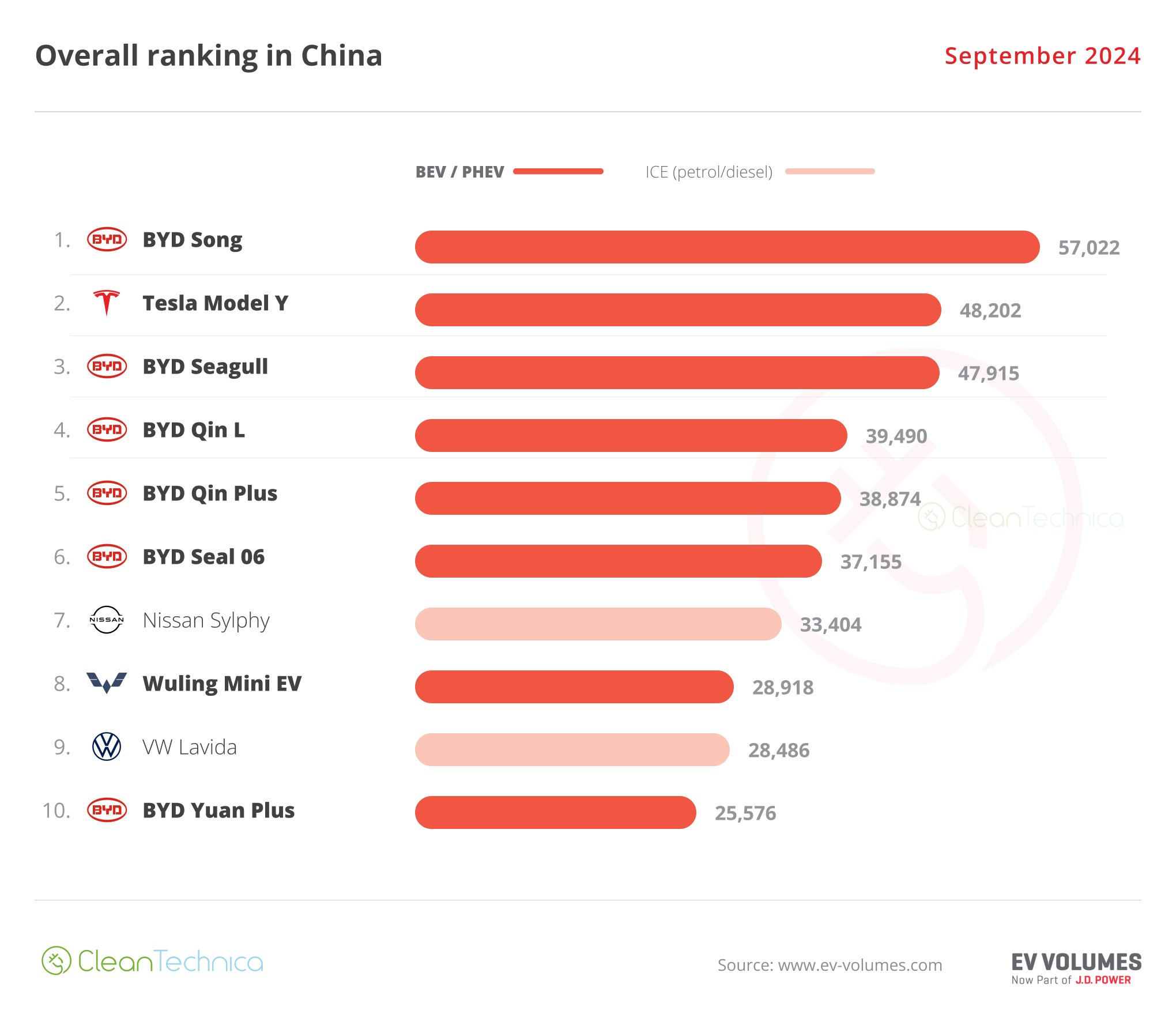With the end of the coal cap in sight, Glencore has become the latest stakeholder to engage with the NSW Government, as the State considers ways to manage runaway electricity prices.
“Glencore urges the NSW Government to engage the coal sector in a genuine two-way consultation process after signalling changes to the coal price cap and the coal royalty rate system,” the company said in a statement.
“The coal price cap is very poor public policy and shows that flawed market interventions by Government pose serious domestic and international reputational risks.”
At the close of the 2023 financial year, electricity prices have risen almost 30 per cent in many parts of the country.
The Federal Government took action in December 2022 and announced a temporary $125-per-tonne cap on coal prices, and a $12 per gigajoule cap on gas, as part of its efforts to curb runaway energy costs. That cap is set to expire July 1 2024, now less than a year away.
But the Government is worried that the window is too narrow for prices to stabilise.
“The NSW Government will consider all options to keep electricity bills down as we approach the end of the coal price cap,” NSW Treasurer Daniel Mookhey said.
Mookey, along with Finance Minister Courtney Houssos, has been reaching out to stakeholders, such as Glencore, for feedback.
“The NSW Budget is already benefiting from increased coal royalties with mineral royalties lifting by more than 50 per cent to A$5.5 billion in 2022 and 2023,” Glencore said.
“These royalties contribute to funding NSW hospitals, schools, infrastructure projects and essential services.
“The key risk to continued coal production, and government royalties, is the increasing difficulty in securing project approvals from Federal and State governments.
“It’s important that the NSW coal sector and the contribution of the thousands of coal mine workers are not taken for granted.
“Glencore looks forward to genuine discussion with the Minns Government on public policy.”



